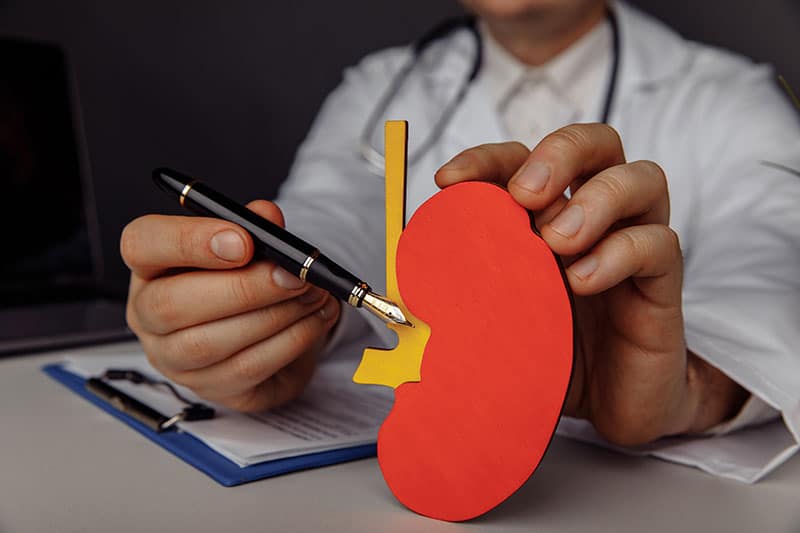
Table of Contents
Proper documentation is essential to providing quality patient treatment in the complex field of nephrology. To provide optimal patient care, nephrologists need to maintain precise and thorough medical records. With the help of a nephrology transcription service, providers can ensure proper documentation of patient health information. In addition to supporting patient care, effective documentation also supports adherence to ethical and legal obligations, promotes research, and promotes collaboration among healthcare professionals.
Nephrologists specialize in treating complex kidney disorders and related conditions. To provide patients the best care possible, they need accurate and detailed medical documentation. Patient medical records include medical history, results from physical examinations, diagnostic data from blood tests and biopsies, treatment plans, and progress notes, among other things. Accurate and timely documentation enables nephrologists to make exact assessments based on historical data and clinical findings.
Different Medical Records Nephrologist Use
In order to successfully manage the care of their patients, nephrologists require detailed documentation that provides a thorough picture of a patient’s condition, background, and course of treatment:
- Patient Medical History: A patient’s medical history is the cornerstone of every medical record. It contains details regarding kidney-related problems, chronic illnesses, previous surgeries, and family medical history. Understanding a patient’s overall health and risk factors requires the use of these data.
- Physical Examination Notes: Nephrologists perform extensive physical examinations, recording vital signs, clinical findings, and any symptoms that may be indicative of kidney function. These notes support patient diagnosis and monitoring.
- Diagnostic Reports: Blood testing, urine analyses, imaging tests (such ultrasound and CT scans), and renal biopsies are all crucial diagnostic procedures in nephrology. These studies offer vital information on a patient’s kidney health and the underlying factors contributing to their disease.
- Treatment Records: Nephrologists create treatment records that include prescribed drugs, nutritional advice, hydration restrictions, and, in certain situations, dialysis schedules. Patients will receive the proper treatment and follow-up if their treatment plan is thoroughly documented.
- Progress Notes: Consistently updated progress notes provide information on a patient’s status throughout time, including how they responded to therapy, whether there were any complications, and any changes to their care plan. These records are necessary for keeping track of a patient’s progress and for making wise decisions regarding their care.
How Accurate Transcription Helps Nephrologists
Medical transcription companies can ensure error-free clinical documentation, which is crucial to provide quality patient care and to communicate with other providers. The benefits of expert support for medical record documentation include:
- Precise diagnoses: Diagnosis accuracy depends on medical record accuracy. To determine the underlying causes of kidney problems and to personalize treatment, nephrologists rely on historical data and diagnostic results.
- Improved treatment: Nephrologists can fine-tune treatment regimens based on a patient’s reaction to therapy with the help of thorough documentation. The most efficient therapies are given to patients thanks to this iterative process.
- Management of medication: Accurate medication records guard against drug administration mistakes. To improve patient outcomes, nephrologists must carefully monitor medication usage, doses, and potential interactions.
- Better communication: Thorough documentation facilitates collaboration and communication among nephrologists, primary care physicians, surgeons, and nutritionists involved in a patient’s care. This partnership promotes a comprehensive approach to patient management.
- Quality Improvement: Nephrology practices can make use of historical data to spot patterns, evaluate the effectiveness of particular therapies, and put quality improvement plans into action. The level of care is improved with the support of this data-driven strategy.
The use of nephrology transcription services ensures that every crucial detail is accurately transcribed. By converting dictated notes into text form, these services allow healthcare professionals to shift their focus towards direct patient care and complex medical decision-making.
